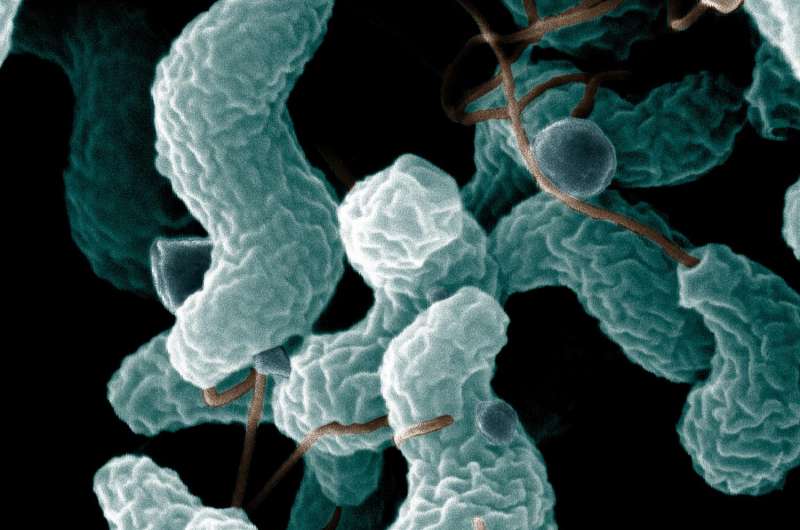Researchers make important bacterial discovery in oral pre-cancer condition

Scientists at the School of Dental Science in Trinity have made an important discovery involving bacteria and a pre-cancerous growth called oral leuoplakia which can precede oral cancer.
The researchers examined the microbiome of oral leukoplakia in order to determine if certain bacteria were associated with oral leukoplakia and whether the type of bacteria could predict whether these condition become malignant. Their findings were recently published in the international peer reviewed journal, Frontiers in Microbiology.
Oral cancer is the 8th most common cancer world-wide. Like all cancers, early diagnosis of the cancer greatly improves the chances of survival. Sometimes, oral cancer is preceded by precancerous growths, and identifying these can improve long-term survival.
One of these pre-cancers is called oral leukoplakia, literally meaning "white-patch". Although smoking is a risk factor for oral leukoplakia, we still don't understand what turns oral leukoplakia into cancer and which ones are likely become malignant.
When studying this pre-cancer, the researchers found that certain bacteria were more found to be abundant on the white patches compared to healthy sites in the same patient. This included species of Fusobacteria (Fusobacterium species and Leptotrichia species) and Campylobacter species.
Recent studies have shown that Fusobacteria and Campylobacter are present at high levels in colon cancer and are associated with colon cancer progression.
The Trinity study suggests that similar bacteria may be involved in the progression of cancers in the mouth. The study showed that white patches with more advanced malignancy tended to show higher levels of Fusobacteria and Campylobacter spp.
Further studies are under way to follow these patients and determine if the type of bacteria present can determine whether white patches become cancerous and whether local antibiotic therapy could be useful to prevent malignant transformation.
Speaking about the importance of this study, lead author, Gary Moran said: "Our study supports the idea that bacteria may be involved in the progression of cancers in the GI tract and that antibacterial therapies could be used to slow their development."
More information: Abdrazak Amer et al, The Microbiome of Potentially Malignant Oral Leukoplakia Exhibits Enrichment for Fusobacterium, Leptotrichia, Campylobacter, and Rothia Species, Frontiers in Microbiology (2017). DOI: 10.3389/fmicb.2017.02391
















